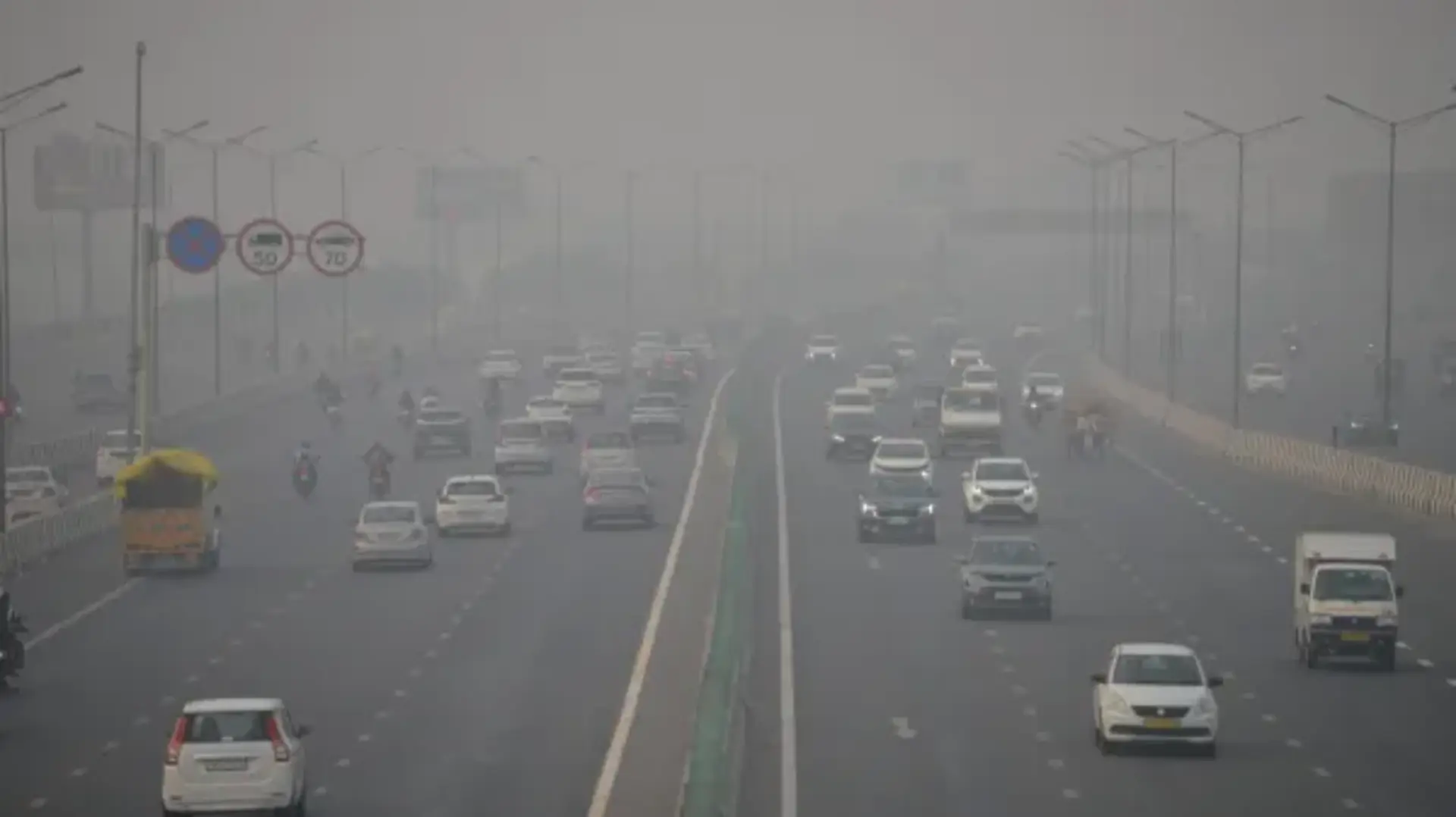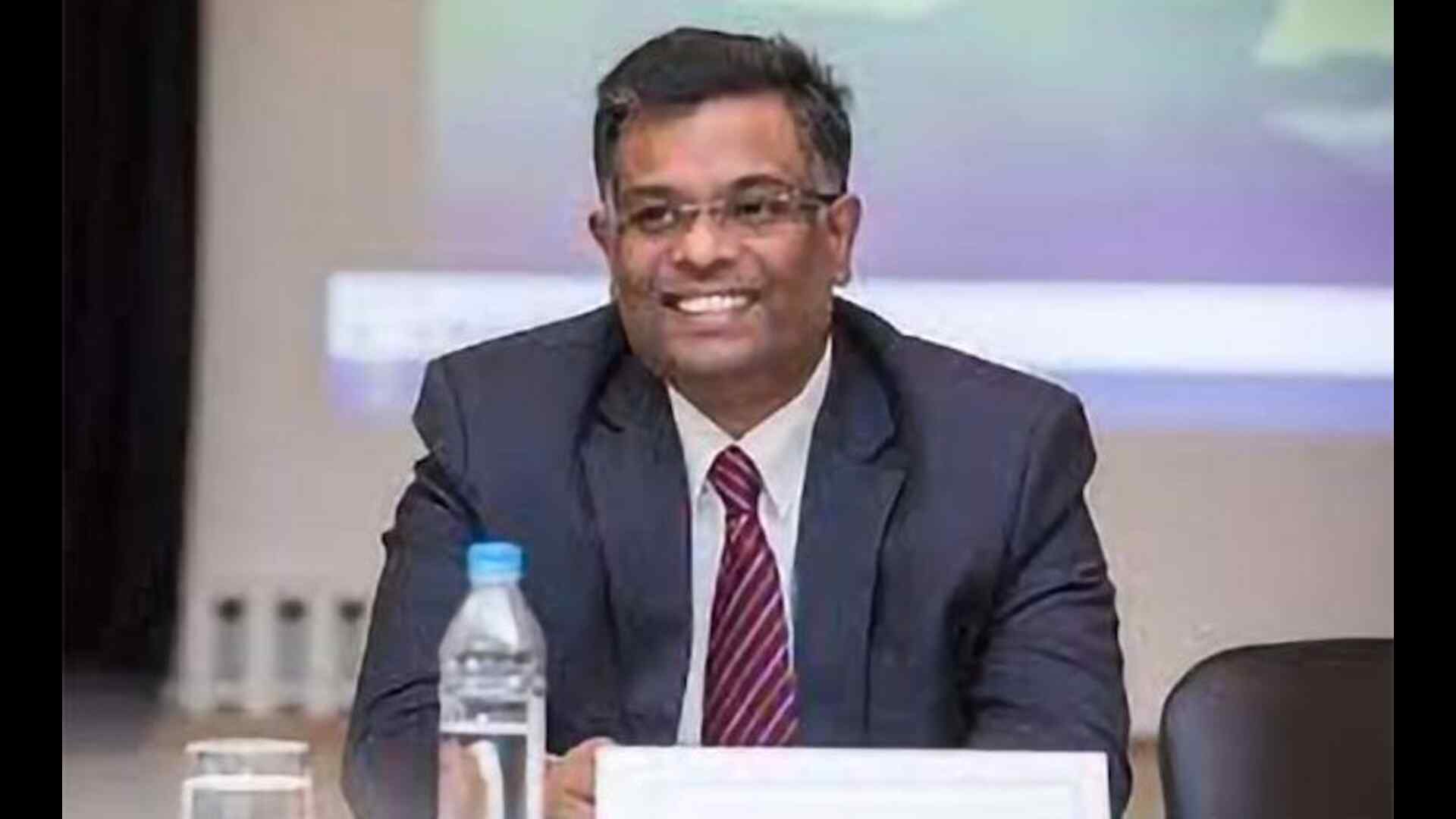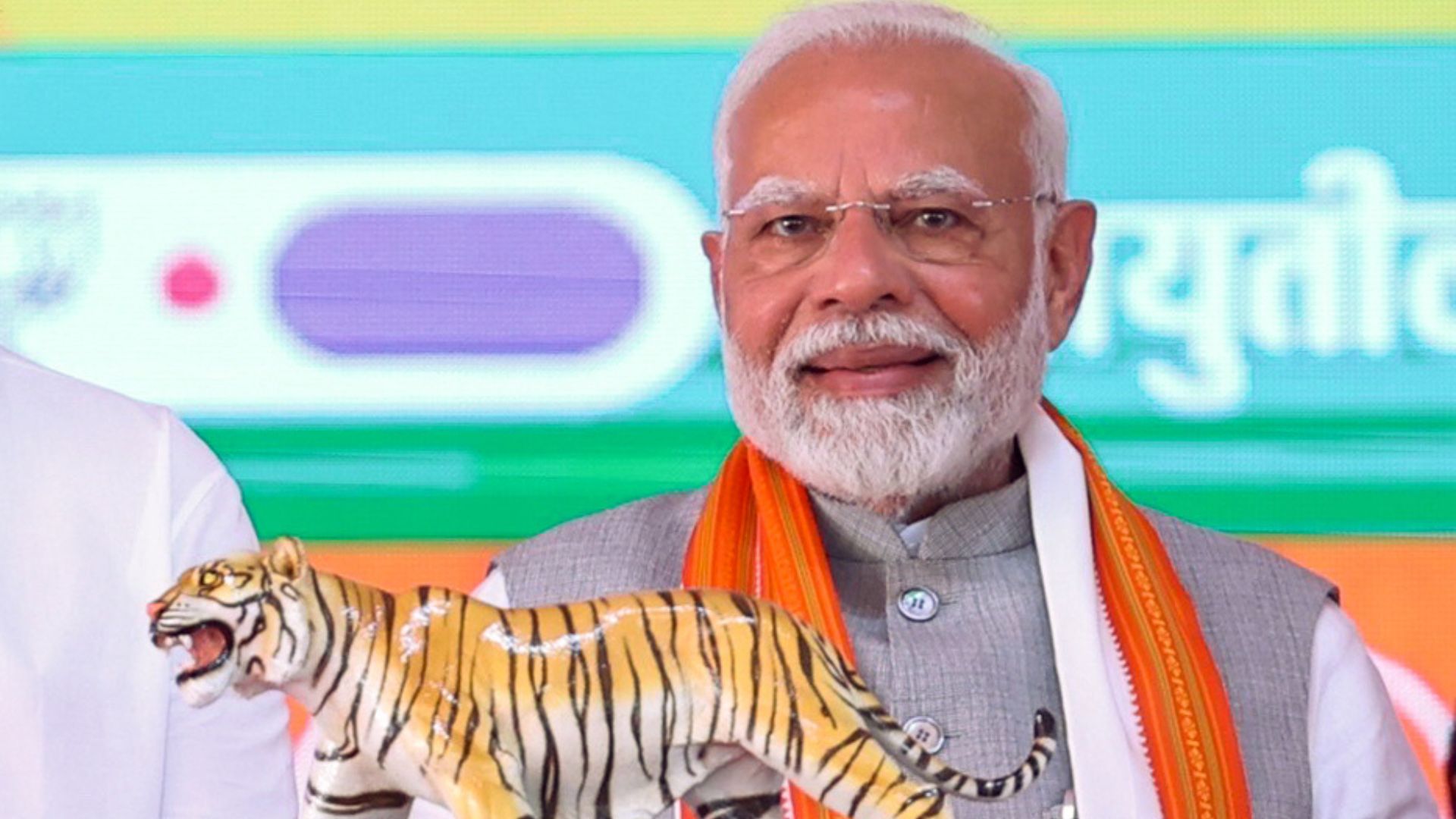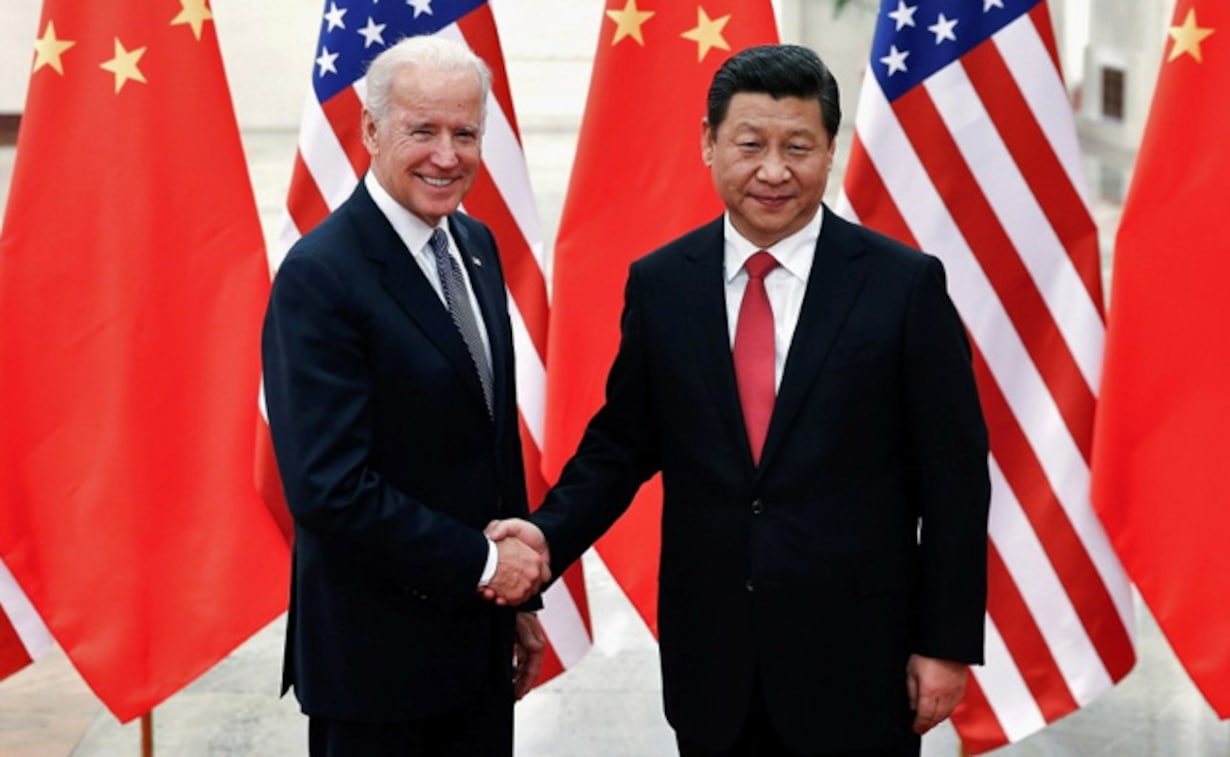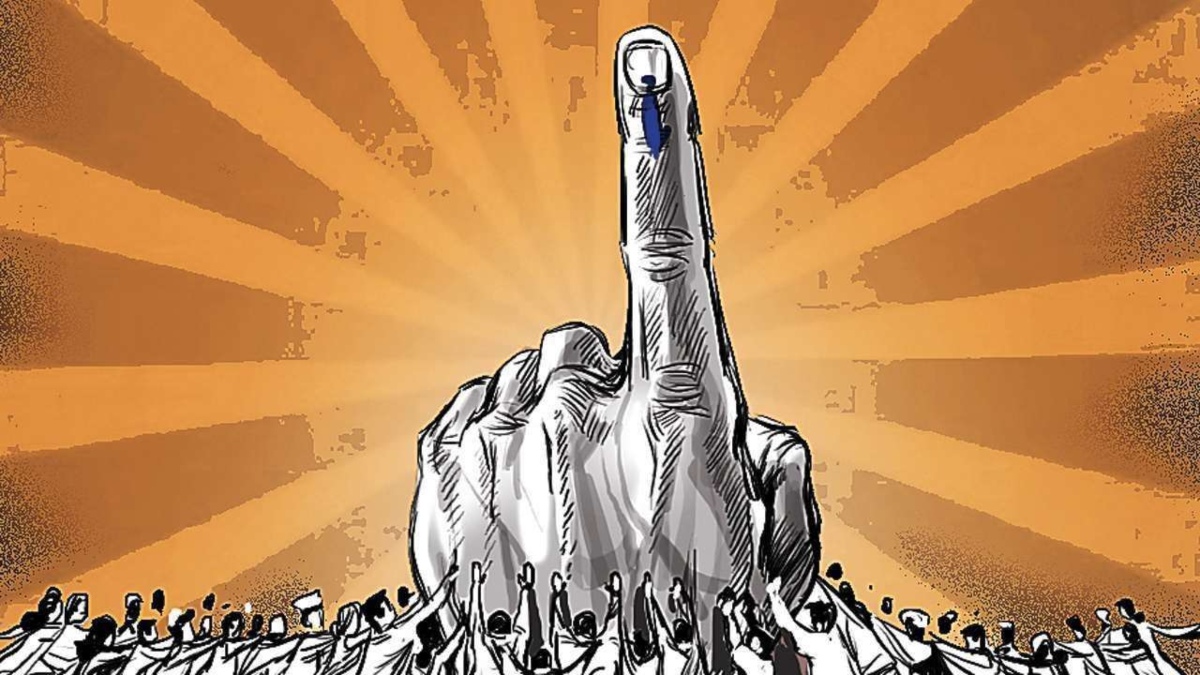
It has been our history that emotions always override pragmatism in the matters of politics and elections. An Indian election is the greatest stage for political leaders of all ideologies to court their people on a variety of issues using emotional appeal and approach. Emotions have always played a vital role in Indian elections. The origin and growth of the Dravidian political parties are closely linked to the emotions over linguistic nationalism. The Bharatiya Janata Party’s rapid rise in national politics would not have been possible without the Ram Janmabhoomi movement. M.G. Ramachandran in Tamil Nadu and N.T. Rama Rao in Andhra Pradesh continue to live in the hearts of people there due to the emotional undertones in their politics. The sympathy wave that followed the assassinations of former Prime Ministers Indira Gandhi and Rajiv Gandhi helped the Congress win general elections in 1985 and 1991.
Even in Kerala, emotional issues have cropped up where, normally, politics and elections were always fought on ideological and social issues. An allegedly fragile 116-year-old brimming dam, which has been a bone of contention between Kerala and Tamil Nadu for years, had become an explosive and sensitive political issue in the state.
Emotions are powerful source which mobilize very fast in politics. They frame ideologies, build up opinions and can drive the specific agenda. It is observed that political campaigns recognise the centrality of emotions in shaping voter perceptions and strategically leverage voters’ emotional vulnerabilities to fulfil electoral goals. Keeping the power of emotion in mind, our political leaders focus on the interplay between ethics and emotions such as fear, hope, anxiety, anger, hatred, betrayal for electoral success. They also instigate voters on sensitive issues and go to the extreme stage to exploit voters’ emotions in many cases.
Emotional exaggeration is harmful for any ecosystem, not just for politics. It can lower the credibility of a fraternity, an institution, a society or even a family. Repeated emotional exaggeration might diminish the system’s sensitivity. It might lead to decreased trust and dependability in those who exaggerate their emotions.
Elections should be fought on issues of public welfare and development, not on emotions. Of course, our leaders talk about it but in practice, they flout the model code of conduct and polarise voters in the name of religion, caste and many kinds of emotional issues. We are the largest democracy in the world. Instead of developing and evolving to become more mature after 75 years of independence, the democratic ideals are rapidly vanishing in our country.
Political parties should recognise that their organisations are intended to remain forever, while individuals may exist for a limited time. Promoting impolite political behaviour and reinventing politics for short-term political gains may do irreversible harm to not just their particular parties, but also to public discourse, state institutions, and the nation’s political ecology.
This is now time to recognise and acknowledge the importance of emotional intelligence in everyday politics.
Emotional intelligence refers to the ability to perceive, control, use, evaluate and handle emotions. People with emotional intelligence can recognise their own emotions and those of others, use emotional information to guide thinking and behaviour, discern between different feelings and label them appropriately, and adjust emotions to adapt to environments.
Unfortunately, in today’s politics of deception, exaggeration and hyperbole, emotional intelligence is the farthest thing one can anticipate from the present political scenario.
Politics is a democratic institution, not dramatic platform. It enables self-government via people’s representation; it is not a system that should be mocked on a regular basis to the point where it becomes an ugly comedy soap opera or a C-grade TV series.
Sudhir S. Raval is a veteran journalist and columnist from Gujarat and Consulting Editor with iTV Network, New Delhi.
